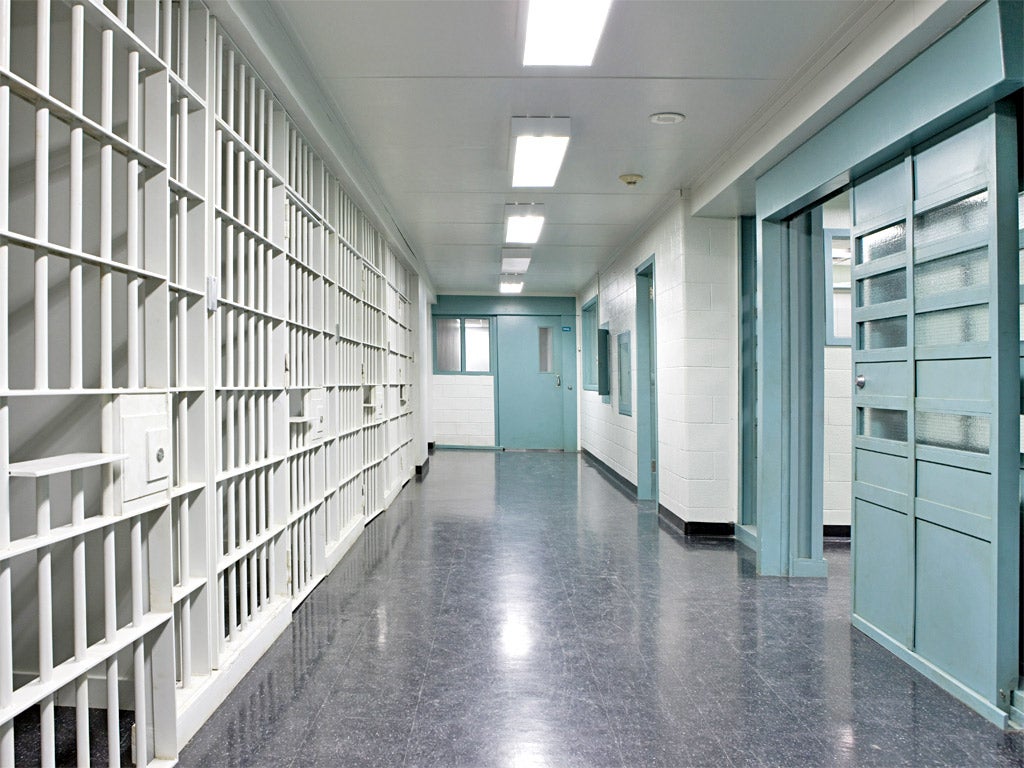Prisons chief: jails must stop being 'Victorian warehouses'
Nick Hardwick was appalled by conditions at some jails, where inmates still had to slop out at night

Inmates are being left to languish in Britain's crowded prisons because no effort is being made to address the problems that put them there, the Chief Inspector of Prisons has told The Independent.
Nick Hardwick warned that short-term inmates are getting locked into a cycle of crime because the official attitude is to "whack them all in this kind of Victorian warehouse" without making any attempt to retrain them.
The August riots helped drive prison numbers past 88,000 in England and Wales, a record high. Only 1,200 places remain available. Britain's prison population is the largest in the EU and its re-offending rates are among Europe's highest. Ken Clarke, the Justice Secretary, has called the situation a "national scandal".
Mr Hardwick said conditions were still "disgusting" at some prisons, citing inmates at one high-security prison – Long Lartin in Worcestershire – who had to slop out at night. He said he had assumed, before he took on the job last year, that more would be done to work with offenders to reduce the chances that they would commit more crimes.
"For all those young guys doing sentences of a few months, nothing much happens that's going to affect what [they] do when [they] come out," said Mr Hardwick. "You will see some people who are just opting out and sleeping their way through their sentences."
Mr Clarke has called for a "rehabilitation revolution" but prison officers say their work has been set back by a lack of investment, and a surge in prison sentences. Figures released last year by the Ministry of Justice showed that 14 prisons – mostly for short-term prisoners – had re-offending rates of more than 70 per cent. Mr Clarke has introduced a system of payment by results for private prison companies if they can cut re-offending rates.
But Mr Hardwick said that prisons needed to "raise their game". He said it was no good "whacking prisoners in this kind of Victorian warehouse and saying it's the prisons' job to sort things out." The sharp rise in numbers after the August riots was directly linked to a disturbance in one institution as young offenders were moved round the system and clashed with rival gangs.
The Government has maintained that the system can cope with numbers, but Mr Hardwick said the question of how many bunks could be fitted into a prison was "missing the point".
"There is an opportunity for people who have had very chaotic lives, when they are in prison not just to learn skills but to get habits and experience of a normal day. It's a shame if that opportunity is missed."
A Ministry of Justice spokesman said short sentences remained an important option for the courts: "We are making prisons places of hard work – not idleness – that properly address the underlying causes of crime, such as drugs and chaotic lifestyles."
